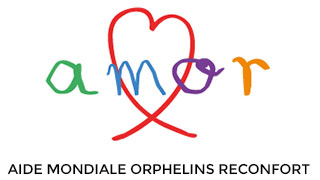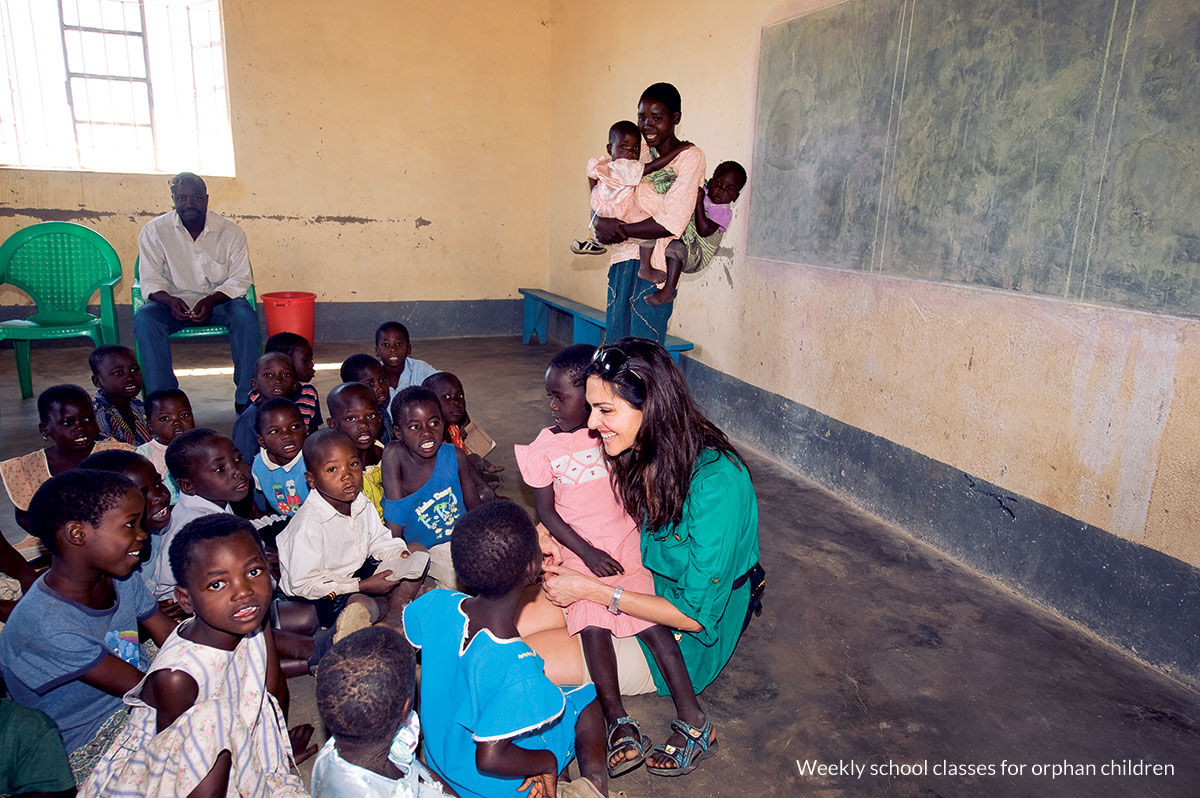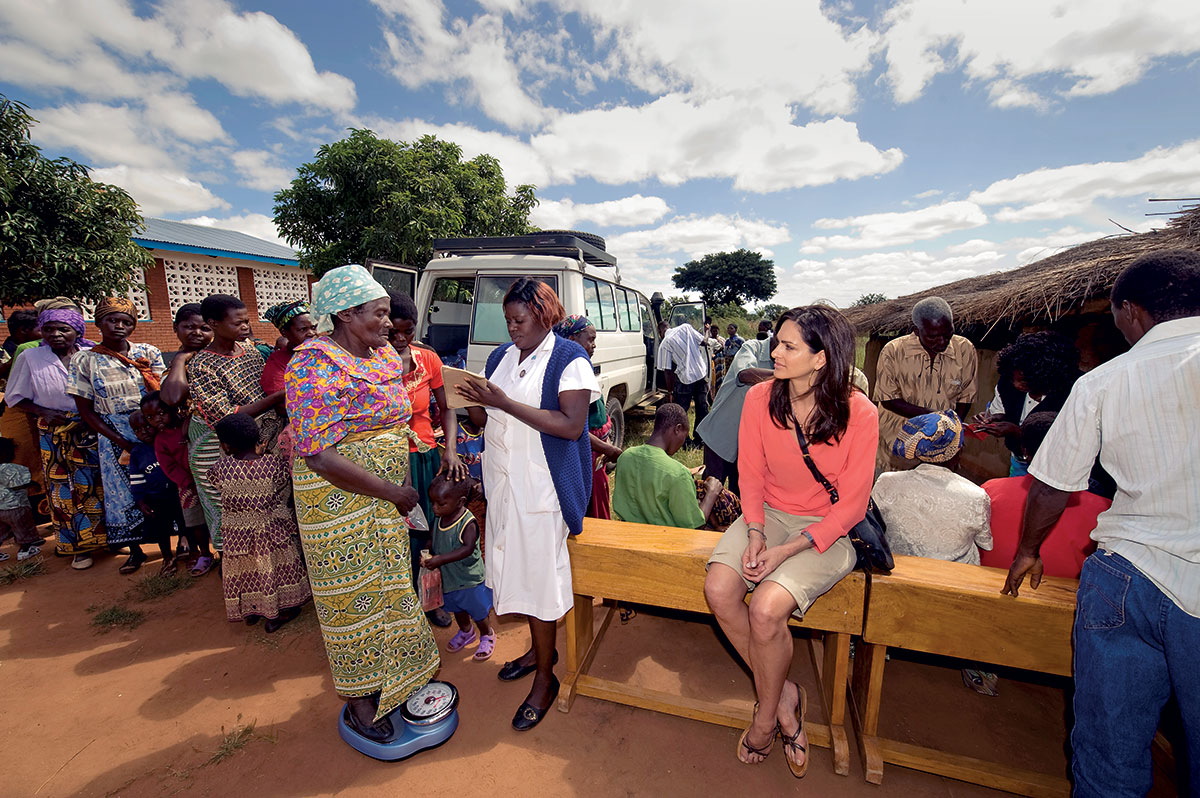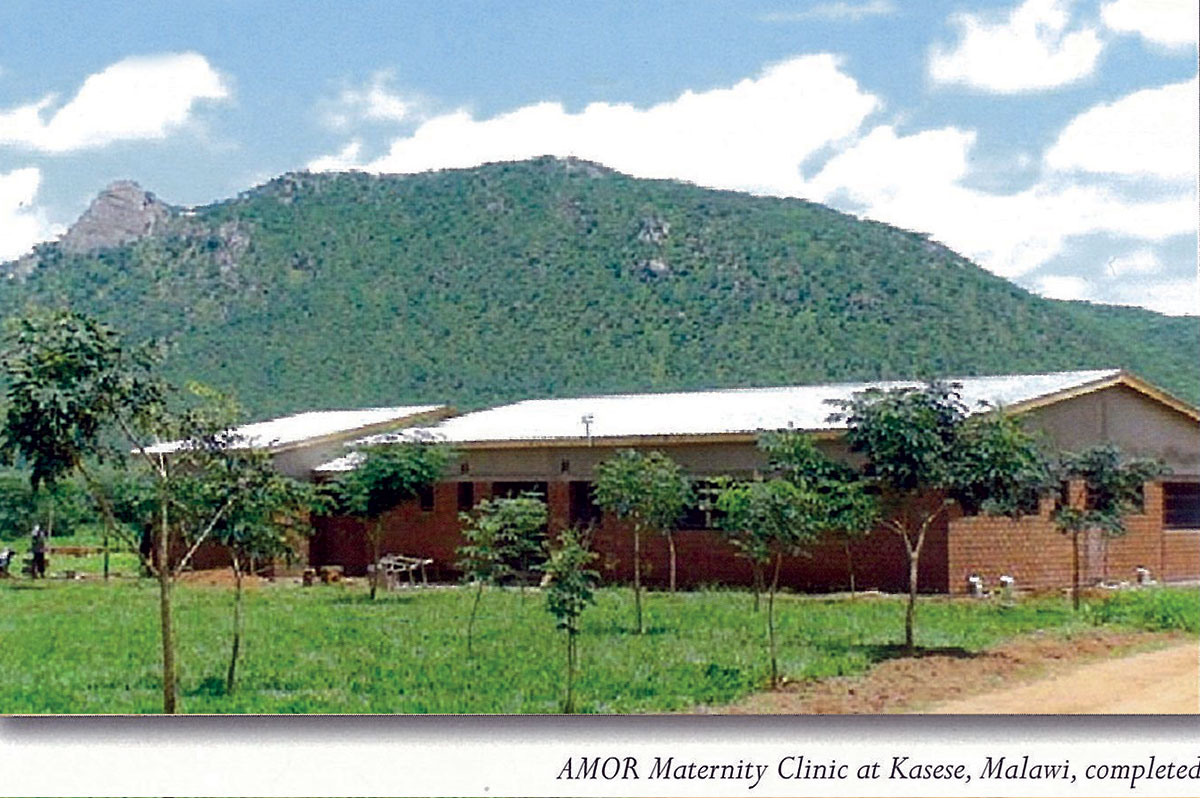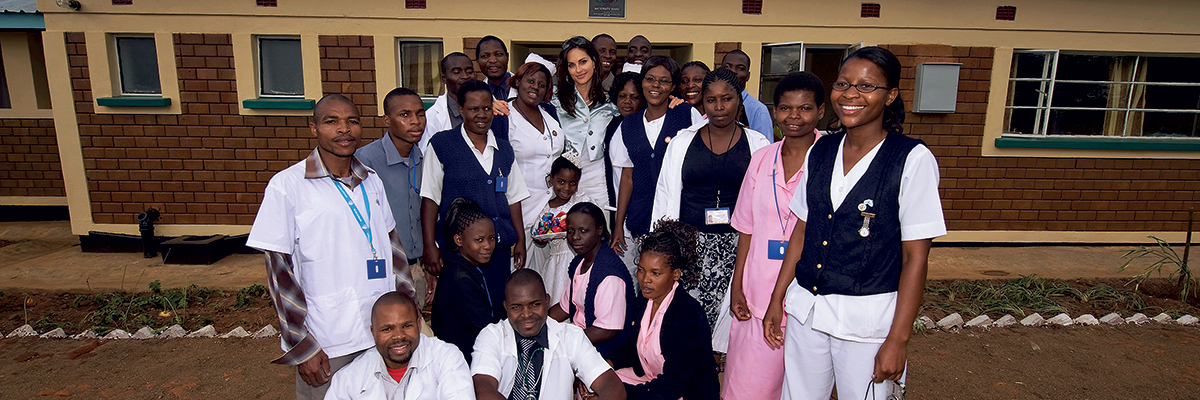
The AMOR Kasese maternity hospital
A profound need…
Maternal mortality came up by an encounter with Dr Chris Brooks who explained the desperate need to build a maternity in Malawi as that 1 mother dies inEurope compared to 190 in Malawi during childbirth. The mortality numbers were proof enough to alert my att enti on. The threat of HIV transmitti ng from mother to child was 7 out of 8 positi ve and since we opened the hospital in 2009, 7 out of 8 babies are born HIV negati ve. We have saved lives and also with our mobile unit have begun to change and give re-educati on of community values. We will need a strong and healthy Africa for the future; and it begins with the healthy births and sanitary conditi ons. Africa needs healthy AIDS-free babies and the mortality rate has dropped significantly this year. This year we have saved the lives of 2371 babies born and the visits to the hospital have tripled by the mothers, some of who walk five hours, to come to be consulted. This maternity hospital is the only one within hours of walking and many mothers and babies where dying as they were forced to give birth behind trees. This hospital is the beginning of the steps needed to build toward a community that will grow and be sustainable, instead of leaving a conti nent behind that is at risk of Aids, malaria and having a child of 10 as the head of a family.
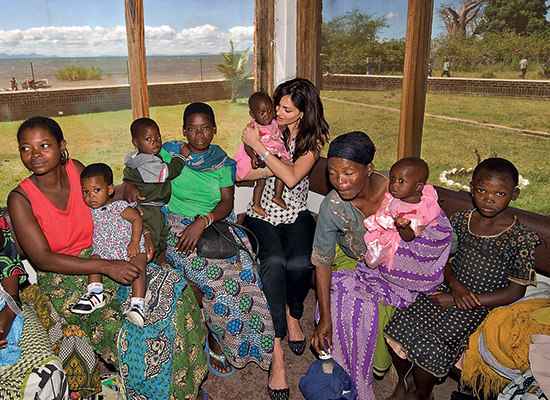
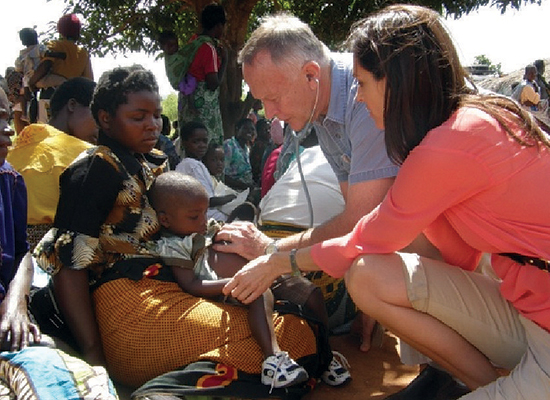
The AMOR Kasese Maternity Clinic is making a high impact diff erence in Malawi - a country caught in the epicenter of the HIV/Aids pandemic and suff ering a maternal mortality rate that is one of the worst in the world, almost 675 per 100,000 live births.
The clinic provides comprehensive pre-natal, twenty-four hour maternity and post-natal care of the women in the surrounding catchment area of some sixty thousand inhabitants. This clinic is equipped to handle a large pati ent load and anti cipates more than forty babies each month.
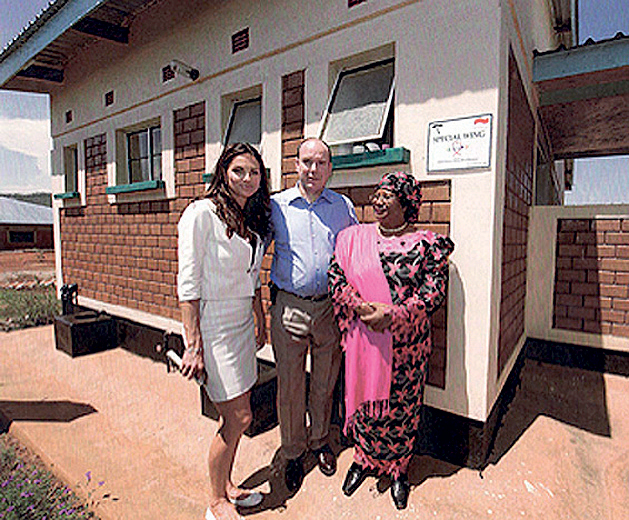
Opening the AMOR maternity hospital. Kasese.
H.E. Humanitarian Ambassador Tasha de Vasconcelos
with H.S.H. Prince Albert II of Monaco and Dr Joyce Banda,
President of Malawi, on November 11th 2009
Malawi, one of the poorest countries in the world, is currently facing the threats of HIV/AIDS, food insecurity and poor infrastrucutre. Malawi has the highest population density in Sub-Saharan Africa, and life expectancy fell from 52 years in 1992 to 41 in 2004 largely due to the HIV/ AIDS epidemic that plagues the country. Malawi faces a human resource crisis within its health service infra-structure exacerbated by a high mortality rate caused by HIV/AIDS. This has created a lack of capacity to deliver health services, especially in rural areas, where primary health care is severely compromised with only one physician and 26 nurses per 100.000 population. A serie of World health Organization surveys in 2002-2004 showed that almost 50 per cent of facilities are short of drugs, have inadequate means of communication and transport, and even lack supply of emergency drugs.
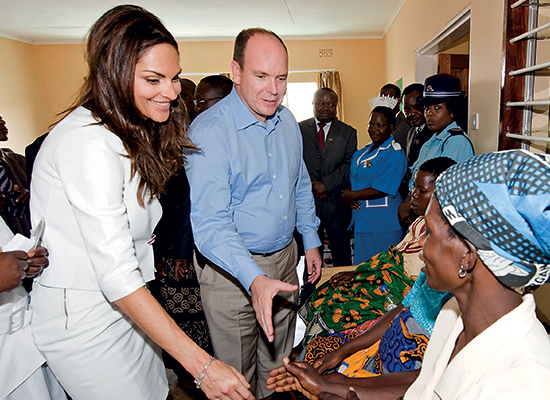
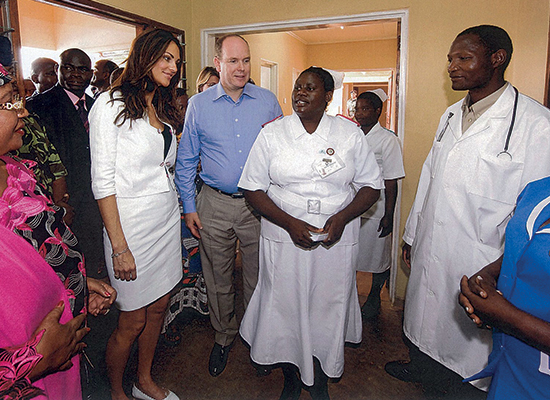
Visiting the maternity with HSH Prince Albert of Monaco and President Dr Joyce Banda
The nature of the clinic’s care programs begins in the communiti es with health awareness training to ensure bett er nutriti on for expectant mothers as well as training local Village Health Offi cers to monitor women and look for any health complicati ons. Aft er maternal services are provided, post-natal care begins with the child being enrolled into the Under Five Health Care Program where they receive all essenti al vaccinati ons. If the mother is HIV positi ve, her health and that of the baby’s is monitored closely and both are enrolled into the Preventi ng Mother to Child Transmission Program where Lifeline has seen phenomenal success in preventi ng the spread of the HIV virus.
An ambulance service is also provided should serious complicati ons arise at the ti me of delivery and the mother needs to be referred to the regional hospital.
